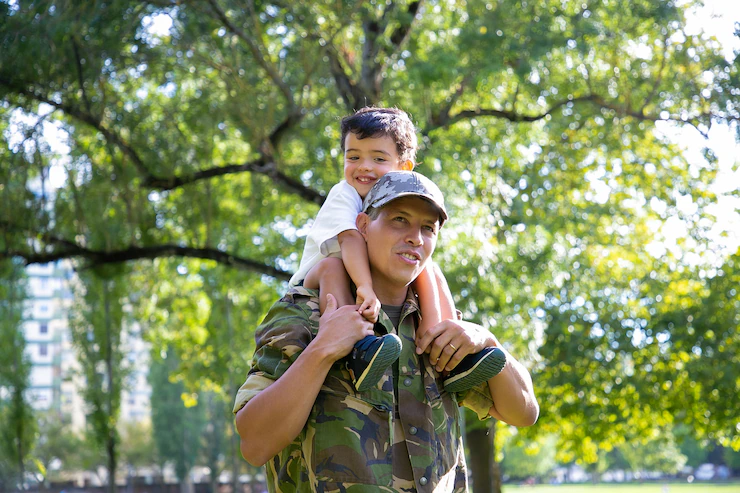Introduction
In today’s fast-paced and often stressful world, emotional regulation and anger management skills are crucial for children to develop. By learning to understand and manage their emotions effectively, children can navigate challenges, build healthy relationships, and improve their overall well-being. As caregivers and educators, it is essential to provide children with the tools and guidance they need to cultivate emotional intelligence. This article explores the significance of teaching children about emotional regulation and anger management and offers practical strategies for fostering these vital skills.
The Importance of Emotional Regulation and Anger Management for Children
Emotional regulation refers to the ability to understand, express, and control emotions in a healthy and appropriate manner. When children learn how to regulate their emotions, they can respond to challenging situations with resilience, empathy, and self-control. Moreover, emotional regulation is linked to improved cognitive functioning, social skills, and academic success. On the other hand, unmanaged anger can lead to detrimental outcomes, such as aggression, strained relationships, and negative physical and mental health effects.
Effective Strategies for Teaching Emotional Regulation and Anger Management
- Model and discuss emotions: Children learn by observing the behavior of adults around them. By openly expressing and discussing your own emotions, you can help children understand that it is normal to experience a wide range of emotions. Encourage them to express their feelings and validate their experiences, fostering a safe environment for emotional expression.
- Teach emotional vocabulary: Expand children’s emotional vocabulary by introducing them to a variety of emotions. Help them identify and label their feelings accurately, so they can better understand and communicate their emotional states. Utilizing tools like emotion charts or “feeling” cards can make this process more engaging.
- Encourage self-awareness: Guide children in developing self-awareness by helping them recognize and understand the physical and emotional cues that indicate different emotions. Encourage reflection and introspection, allowing them to gain insight into their emotional experiences.
- Provide coping strategies: Teach children a range of healthy coping strategies to manage difficult emotions. These may include deep breathing exercises, taking a break, engaging in physical activity, practicing mindfulness or meditation, and engaging in creative outlets such as drawing or writing. Encourage them to identify strategies that work best for them personally.
- Problem-solving and empathy: Teach children problem-solving skills to handle conflicts and challenging situations. Encourage them to consider different perspectives and develop empathy towards others. This can help them regulate their emotions by understanding that everyone’s experiences and feelings are valid.
- Establish routines and boundaries: Children thrive in structured environments, so establish consistent routines and clear boundaries. Predictability and stability can provide a sense of security and aid in emotional regulation. Communicate expectations clearly and encourage children to take responsibility for their behavior.
- Encourage positive self-talk: Help children develop positive self-talk by challenging negative thoughts and replacing them with more constructive and encouraging statements. This practice can help reframe negative emotions and promote self-compassion.
- Seek professional support when needed: If a child consistently struggles with emotional regulation or anger management, it may be beneficial to seek the assistance of a mental health professional. They can provide specialized strategies and support to address specific challenges.
Conclusion
Teaching children about emotional regulation and anger management is an investment in their lifelong well-being. By providing them with the necessary skills and support, we empower children to navigate their emotions effectively, fostering healthy relationships, and overall mental and emotional health. By modeling emotional intelligence ourselves and implementing these strategies consistently, we can guide children towards becoming emotionally resilient individuals who are better equipped to face life’s challenges with empathy, self-control, and resilience.










